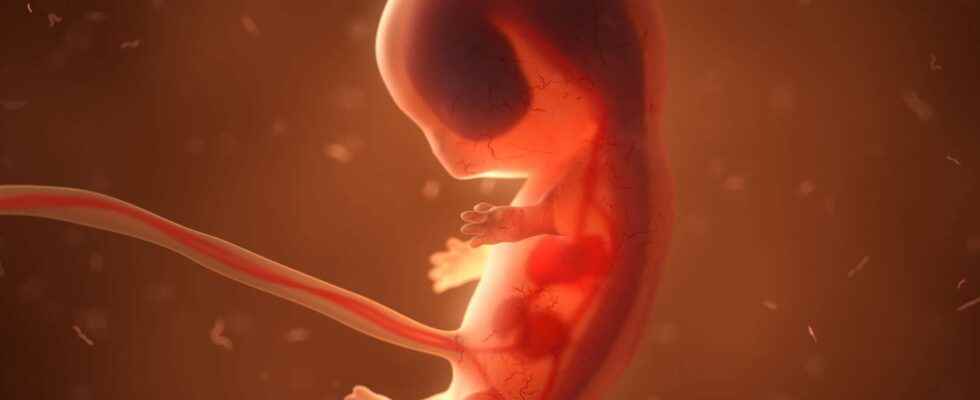Chinese researchers are working on the growth of fetuses in an artificial uterus. In order to optimize the system and make it autonomous, they have developed a nanny based on artificial intelligence who monitors their development.
You will also be interested
[EN VIDÉO] The 10 Most Dangerous Artificial Intelligence Threats Artificial intelligence has enabled advances in the field of health, research and industry. But in the wrong hands, it can also be used for criminal purposes or disinformation.
L’universe dystopian described by Aldous Huxley in his novel The best of worlds seems to be getting closer. Chinese researchers are currently working on a robotic nanny that can handle the needs of fetus placed in a artificial uterus. They described their work in the journal Journal of Biomedical Engineering.
The invention is described as a revolution in an article in the South China Morning Postin front of the falling birth rate in the country. China has allowed couples to have two children since 2016, then three children since 2021. This does not seem to be enough and the birth rate has fallen to just 7.52 births per 1,000 people in 2021, a historically low figure and which is accelerating the rise. problem of the aging of the population.
A fully automated artificial uterus
L’uterus artificial, or “device for the cultivation ofembryo long-term,” is described as a system containing nutrient fluids into which mouse embryos are placed. The device is monitored by an artificial intelligence that can adjust the streams of carbon dioxide and nutrients, and intervene on certain environmental factors.
The device uses three phase-contrast optical modules to monitor the development of the embryos without manipulating them, and thus optimize the functioning of the system. The artificial nanny can also classify the embryos according to their state of health and their potential for their future development, detect anomalies and report any major problem to a technician.
Ethical questions for use on humans
Researchers are currently limited to animal embryos because international law restricts research on human embryos at 14 days of development. However, they would like to continue beyond because ” there are still many unsolved mysteries about the physiology of typical human embryonic development according to Sun Haixuan, who led the research. Such a study would effectively deepen knowledge on the growth of fetuses and developmental abnormalities.
However, another obstacle would prevent the use of an artificial uterus for human babies. The surrogacy is banned in China and would therefore outlaw any hospital that uses this process. ” I don’t think any hospital would want to take on that responsibility. Sun Haixuan said.
It also raises many ethical questions. First of all the bond with the mother, which would be completely broken. What would be the impact on the child? Moreover, the use of artificial wombs to compensate for a birth rate problem could easily fall into eugenics. The risk would be to create a society like the one seen in the film Welcome to Gattaca, where only the most perfect embryos are kept. It would also risk dividing the population into two classes, those born from an artificial uterus, and those born through natural means…
Interested in what you just read?
